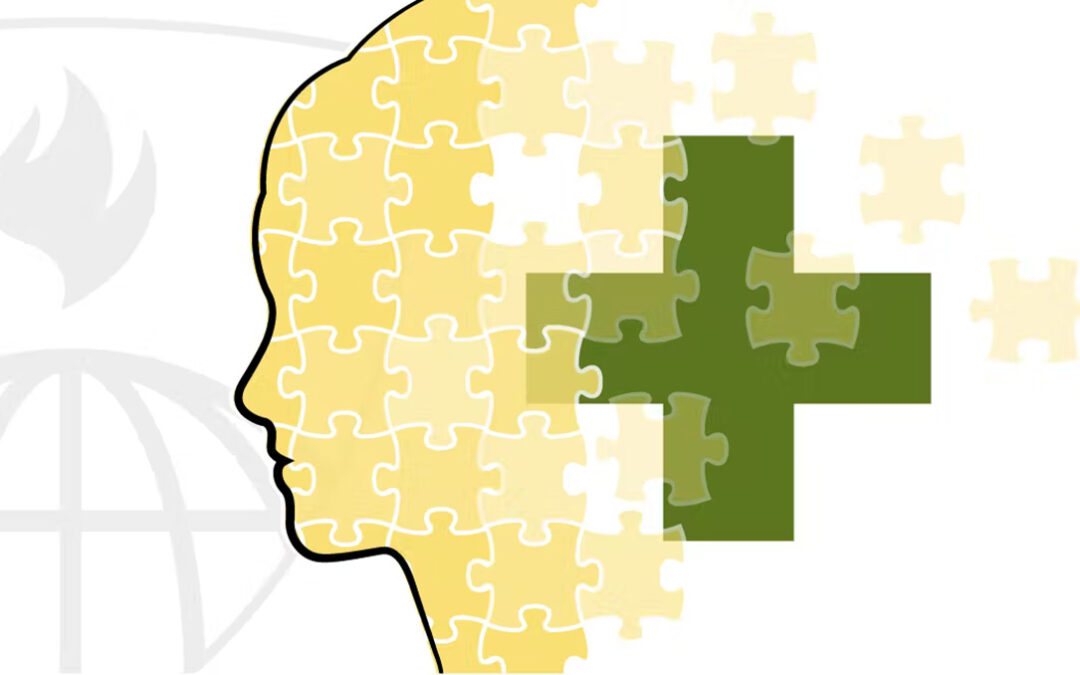Most of us associate “first-aid” with physical injury or pain. However, psychological first aid (PFA) is an evidence-informed model utilized in disaster response to assist those impacted immediately after a traumatic event such as a terrorist attack, natural disaster or a public health emergency.
An event that threatens our safety is likely to lead to stress. While emotional distress may not be visible, it is equally agonizing. Survivors might struggle to cope with the event. They might feel numb, anxious or confused among several other disorienting emotions. In such a situation, mental health professionals or volunteers make use of PFA.
PFA aims to help individuals feel a sense of safety and allows them to connect with resources that they may require. Just like first-aid might be given to someone who is injured physically to provide immediate relief, PFA only tends to the immediate concerns and needs of survivors in the aftermath of a disaster. It is not “on-site” therapy. A volunteer might, however, give a referral to a therapist or social worker. PFA is also essential, in order to prevent acute stress from taking a more chronic or long term form such as that of post-traumatic stress disorder (PTSD).
PFA was developed in the United States, initially for use with military combat veterans and other civilian first-responders. However, it was later adapted for use by anyone, in any corner of the world. It allows individuals experiencing a moderate level of stress to feel calm, supported and capable of coping with challenges.
In view of the Covid-19 pandemic, PFA can be administered to those who are directly or indirectly affected by the pandemic. It can also be used to help those impacted by the ongoing Russia-Ukraine war. “iCALL” , an initiative by the Tata Institute of Social Sciences, launched a special helpline to emotionally support Indian students stranded in Ukraine as well as their parents. The helpline number is +91 9152987823, and operates from Monday to Saturday between 10 am to 8 pm (IST). If you would like to know more about “iCALL” or this initiative, you can visit their website – https://icallhelpline.org/.
PFA need not be provided by a mental health professional only. We do not wait for a physician to carry out a primary treatment for a physical wound. Similarly, an individual who is trained in the intervention can also provide PFA. There are several online courses and manuals that allow individuals to understand and become equipped with the basics of PFA. Just like most of us know the basics of first aid in case of physical injury, it is vital to know the basics of psychological-first aid.
PFA stems from the concept of resilience. Resilience is the belief that one can adapt positively despite adversity. At its core, PFA promotes hope and healing in situations where survivors are trapped in a myriad of emotions.
– Urveez Kakalia and Niharika Bhatia.

